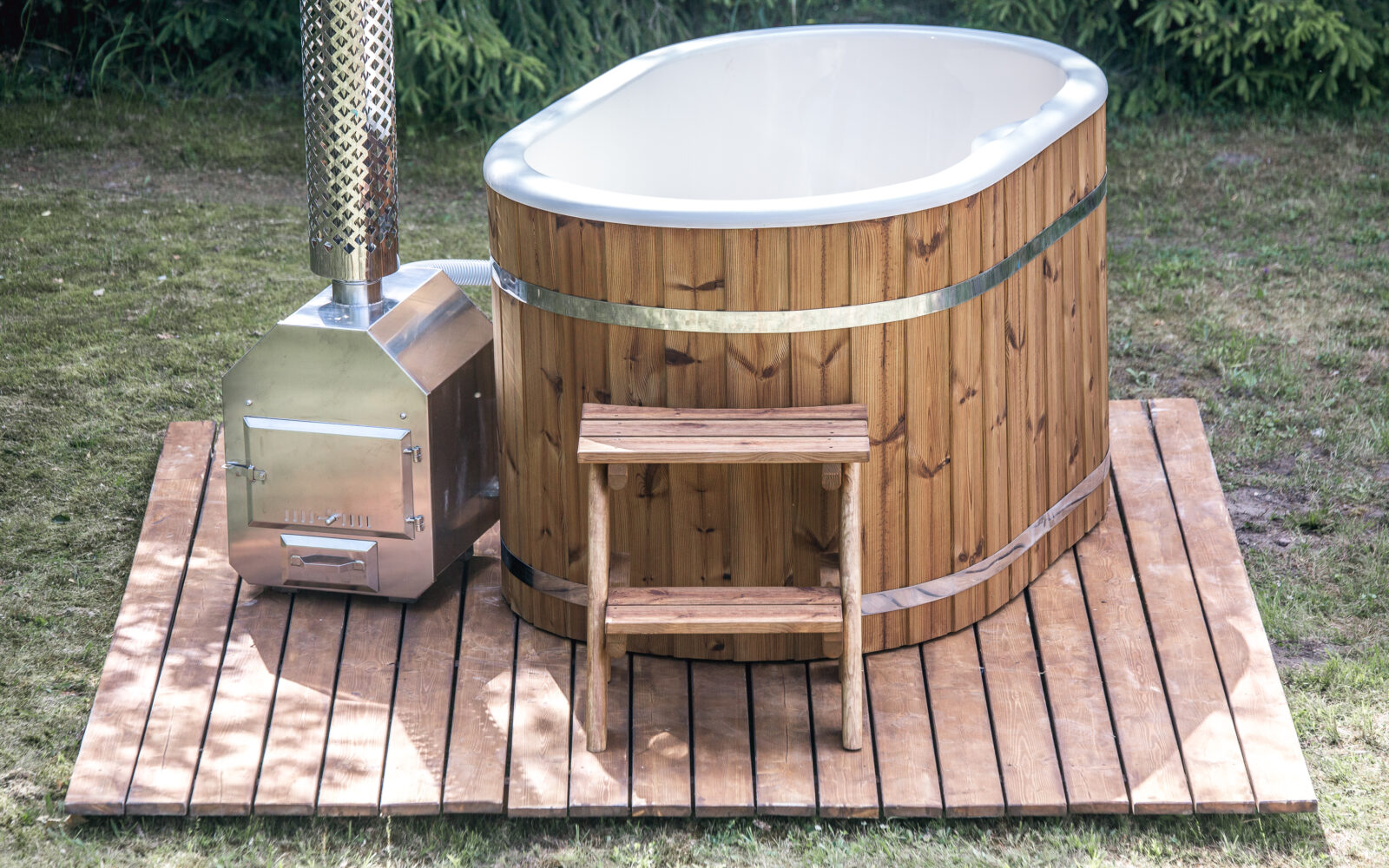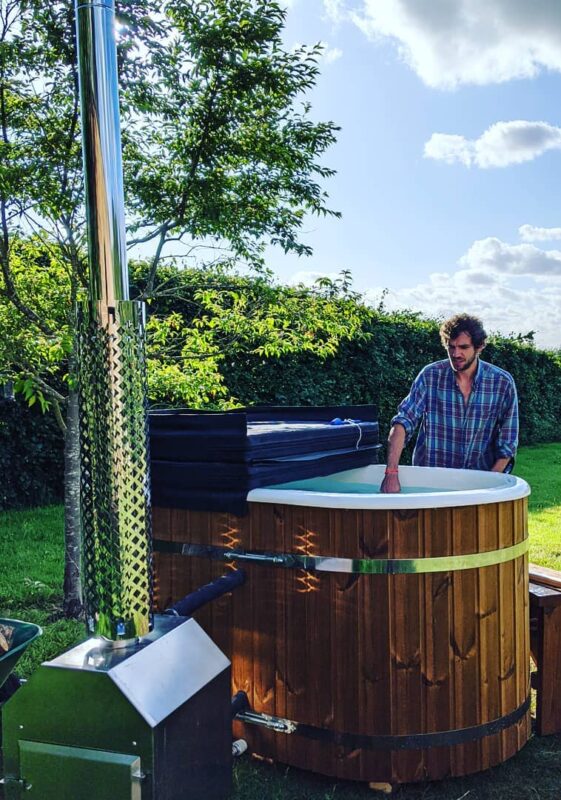Why Wood-fired Stoves?

Wood is the most natural source of renewable, sustainable energy we have available. The Forestry Commission are responsible for ensuring proper forestry practices are maintained, put simply this means re-planting enough trees to replace those used. Managed correctly we can continue to harvest wood without losing our valuable forests. When wood burns it does not release any more CO2 than when it is left to rot. This makes it carbon neutral, minimising its effect on the environment. When we burn wood we are releasing the stored solar energy the tree has used for growth.
Our forests are essential for many reasons, not just for providing fuel and building materials. Trees produce oxygen which is vital for the survival of other plants, animals and of course man. Forests offer protection from the wind and rain and shade from the sun. Within every forest there is a complex ecosystem of insects, animals, plants and fish that relies on the conservation of its habitat. As humans we take an enormous amount of pleasure from the natural beauty of our forests and many communities rely on the economic and social benefits that begin in the forests. By encouraging proper forestry and agriculture practices around the world, The Rainforest Alliance help to maximise the Social and Economic benefits for Communities and First Nations.
Comparative Heat Values of Dry Wood
| Species | *BTU’s per Cord | Fuel Oil gal. | Hard Coal tons | Propane gal. | Electricity kw/hr |
|---|---|---|---|---|---|
| Red Oak | 24,000,000 | 170 | .92 | 263 | 7032 |
| Douglas Fir | 20,600,000 | 146 | .79 | 226 | 6036 |
| Pine | 17,100,000 | 121 | .66 | 188 | 5010 |
*These BTU values are based on dry wood and do not take into account the wood stove efficiency which can vary from 40 to 70%
How to Minimize Wood Smoke
As we know, when wood is burned it produces smoke. Although wood smoke does not have any sulphur in it like coal and fuel oil does, it is still bad for the environment and hazardous to our health. For these reasons we should always take care to minimize the amount of smoke we produce when burning wood. The simplest way to reduce smoke production is to ensure wood is completely dry before burning. Up to 30% more energy is contained in dry wood, and smoke is essentially wasted fuel being lost into the atmosphere.
* Only burn wood that is completely dry. By ordering your wood a year in advance and stacking it correctly for air drying you can be confident you will always have a supply of properly dried wood.
* Keep your chimney clean and clear of debris and always burn a hot fire. Once you are happy with the temperature within your hot tub or sauna you can control it with the size of your fire. Although it is easier, and often tempting to load up the stove and turn down the damper to retain a comfortable temperature, the lack of combustion air will produce more smoke. Keep the fire small but hot by regularly monitoring the stove, for better results.
*A stove that offers a higher level of efficiency will use up more of the unused fuel that would otherwise disappear out of the chimney.



